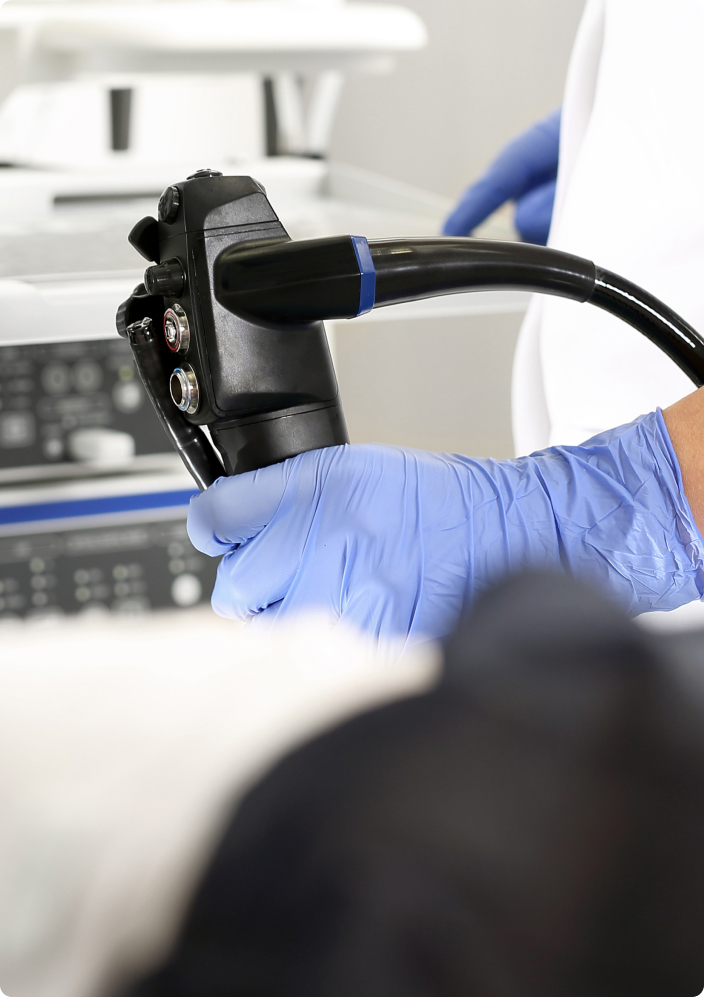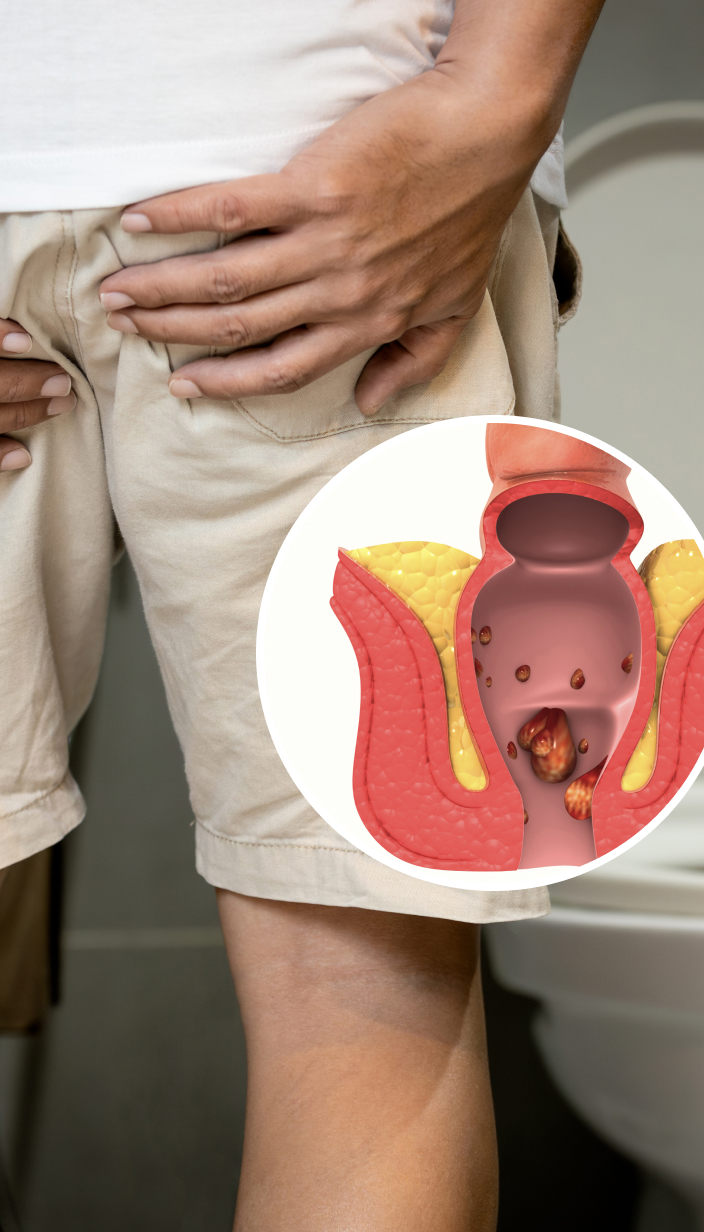

As its name suggests, inflammatory bowel disease refers to a group of conditions that cause inflammation in the digestive tract. The two most common IBDs are ulcerative colitis and Crohn’s disease. If left untreated, IBD can lead to life-threatening complications such as colon cancer or bowel perforation.
To diagnose IBD, our colon surgeon will analyse your family and personal history of IBD and ask you about your bowel movements. Colonoscopy and biopsy may then be performed to confirm the diagnosis. Blood and stool exams may also be conducted alongside imaging tests to rule out other conditions.


What are the symptoms of IBD?
Inflammatory Bowel Disease typically manifests with the following symptoms:
Additionally, there are risk factors that may contribute to the possibility of contracting IBD. Age, cigarette use, family history and a weak immune system are some of the factors that can lead to the condition.

Treatment for Inflammatory Bowel Disease (IBD)

Depending on the severity of your condition, nonsteroidal anti-inflammatory drugs (NSAIDs), antibiotics and immune suppressants may be prescribed to lower the inflammation and stave off further complications.
You should aim to make lifestyle changes such as quitting smoking, drinking more water and increasing your frequency of exercise. It is also recommended to adopt a high-fibre diet to prevent further stress on the digestive tract and ease bowel movements.
In severe cases of IBD, colon surgery may be required and we may remove part or all of the inflamed intestine. The type of surgery depends on a few factors; whether you have Crohn’s disease or ulcerative colitis, the location of the disease in your intestines, any complications you face and the severity of your illness.
If you have Crohn’s disease or ulcerative colitis, different surgical methods will be required to help treat your IBD.
to monitor for potential colon cancer development.



Mount Elizabeth Medical Centre, Singapore 228510











